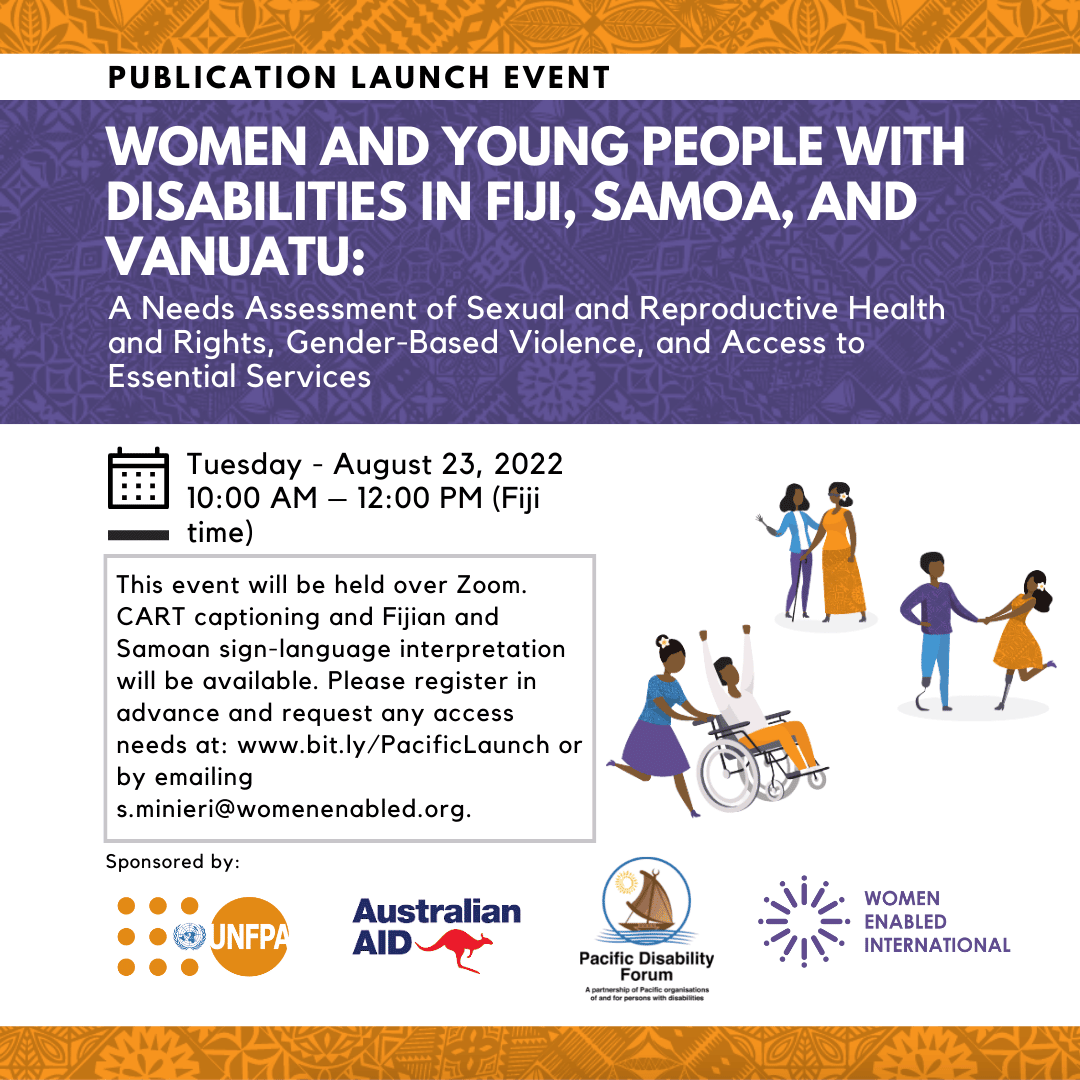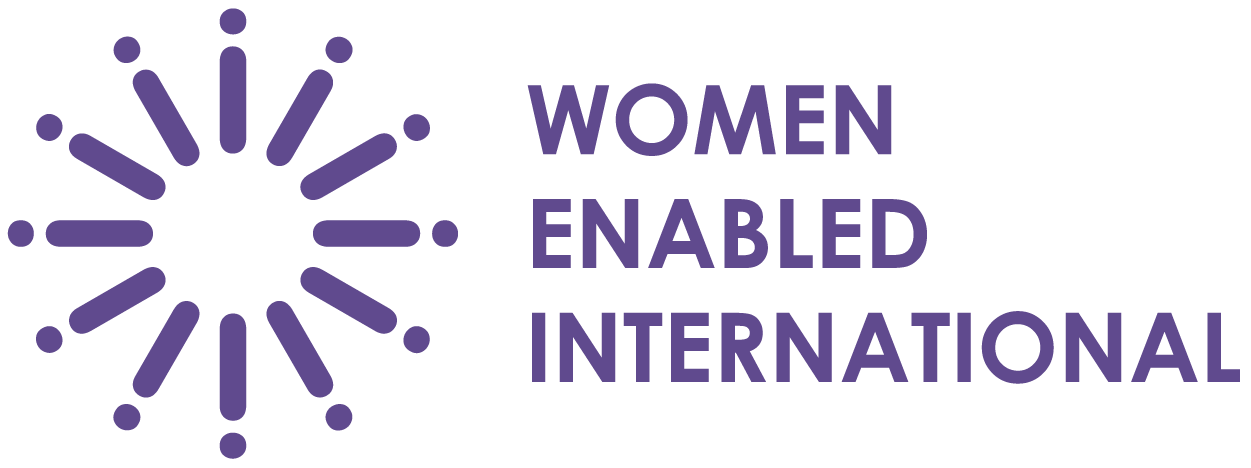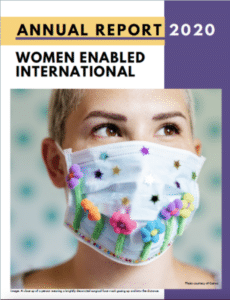Please mark your calendar and join Women Enabled International, the Pacific Sub-Regional Office of the United Nations Population Fund, and the Pacific Disability Forum for the launch of three groundbreaking resources documenting the lived experiences of women and young people with disabilities around sexual and reproductive health and rights (SRHR), gender-based violence (GBV), and access to essential services in Fiji, Samoa, and Vanuatu.
Launch Event: August 22 – 6 pm – 8 pm EST // August 23 – 10 am – 12 pm Fiji time
Register here: www.bit.ly/PacificLaunch
These new resources center the voices of women and young people with disabilities in Fiji, Samoa, and Vanuatu and offer recommendations for States on how to take action and respond to guarantee essential rights.
Testimonies from our community in the Pacific Region:
- “A friend of mine with disabilities was raped on a bus while going home. Her family filed a report at the police station, but nothing has happened ever since.” Woman with a physical disability from Port Vila.(Vanuatu)
- “Sex and family planning are taboos in our culture. Therefore, persons with disabilities lack information and knowledge about these issues.” Woman with a visual impairment from Suva (Fiji)
- “When I was pregnant, I was so looking forward to taking care of my baby….., [but] my family told me I could not look after my baby.” Deaf woman from Apia (Samoa).
During the event, speakers will also share what actions are already being taken to implement the report’s recommendations, including an exciting, innovative pilot project being implemented to expand demand for and access to sexual and reproductive health (SRH) services among women and young people with disabilities in Fiji.
Key report recommendation for States:
Recruit and train women and young people with disabilities to serve as Community Health Liaisons to provide peer-to-peer education and accompaniment to SRH and GBV services. This role can help strengthen understanding among women and young people with disabilities about the availability and appropriateness of SRH and GBV services, as well as dismantle perceptions that SRH and GBV services are not for people with disabilities.
Join us to celebrate this groundbreaking research and learn more about how the reports live beyond their pages on August 22 – 8 pm – 8 pm EST // August 23 – 10 am – 12 pm Fiji time.
This event will be held over Zoom. CART captioning and Fijian and Samoan sign-language interpretation will be available. Please register in advance and request any access needs at: www.bit.ly/PacificLaunch or by emailing s.minieri@womenenabled.org.
The full reports are available at the following links:
- 🇫🇯Fiji: https://bit.ly/PwDFiji
- 🇼🇸Samoa: https://bit.ly/PwDSamoa
- 🇻🇺Vanuatu: https://bit.ly/PwDVanuatu
Check out related work and learn more about the project and our partners in the Pacific:
- Partner Spotlight: Pacific Disability Forum
- Know Your Rights! Gender-Based Violence during the COVID-19 Pandemic in the Pacific Region
- Groundbreaking Research and Resources: WEI’s Work in the Pacific
- Gucci’s Chime for Change CHIME Zine No. 5: Disability and Gender-Based Violence in Samoa
Event Flyer

Within an orange frame, there is a text box. At the top, against a white background, text reads: Publication Launch Event. Below, against a purple background, title reads: “Women and Young People with Disabilities in Fiji, Samoa and Vanuatu: A Needs Assessment of Sexual and Reproductive Health and Rights, Gender-Based Violence, and Access to Essential Services.” Below there is the image of a small calendar and to the right text reads: Tuesday- August 23, 2022. 10:00 AM – 12:00 PM (Fiji time). Below, against a white background, text reads: “This event will be held over Zoom. CART captioning and Fijian and Samoan sign-language interpretation will be available. Please register in advance and request any access needs at: www.bit.ly/PacificLaunch or by emailing s.minieri@womenenabled.org.
Below, text reads “Sponsored by: UNFPA, Australian Aid, Pacific Disability Forum, and WEI. To the right are three digital illustrations: the first is an illustration of two people standing close to each other. One has a prosthetic arm, and the other has a flower in their hair and are using a black cane. The second is an illustration of two people standing close to each other and holding hands. They both have a prosthetic leg. One has short hair, and the other has long hair. The third is an illustration of two people. One has short hair and uses a wheelchair. They are raising their hands. The other has a flower in their hair and is holding the wheelchair to support the other moving around).



